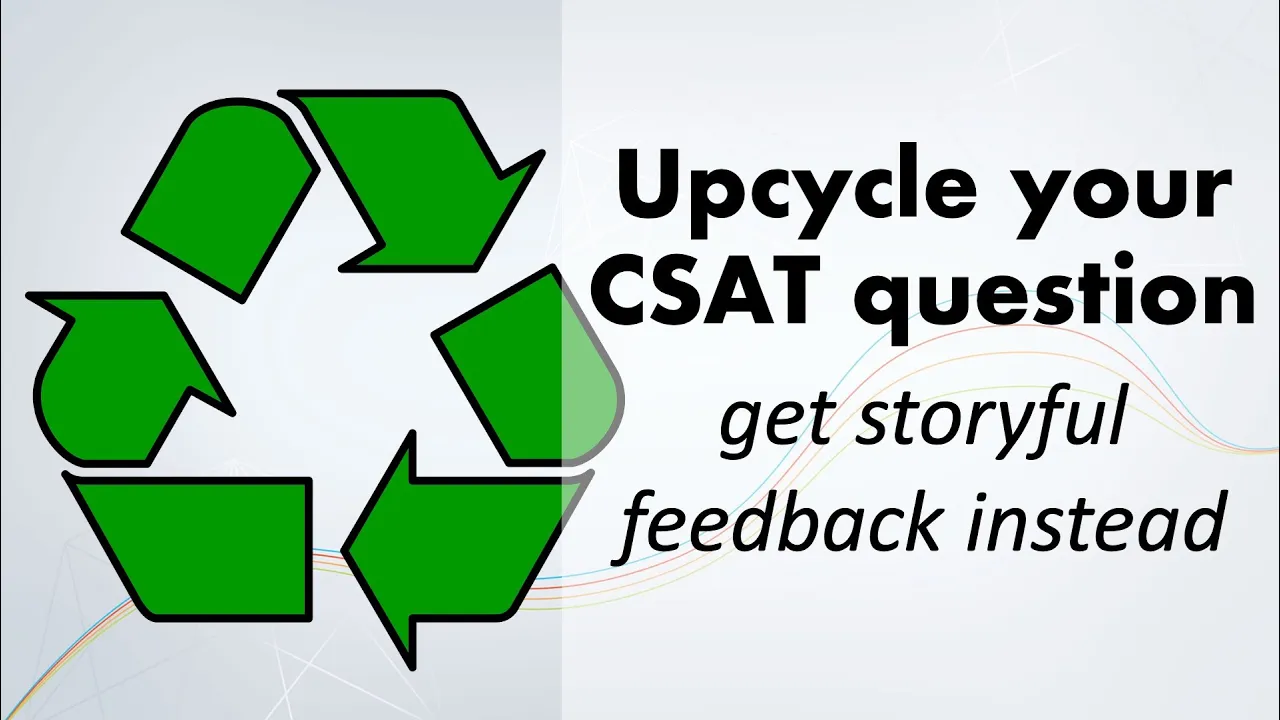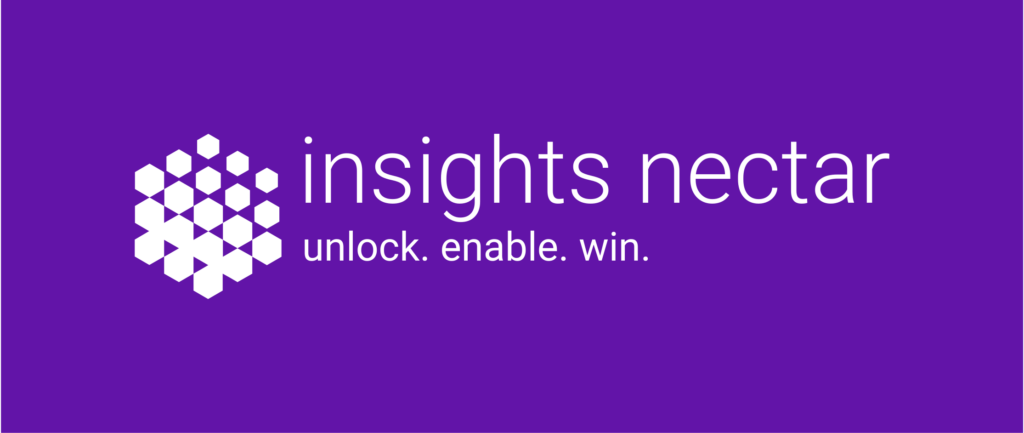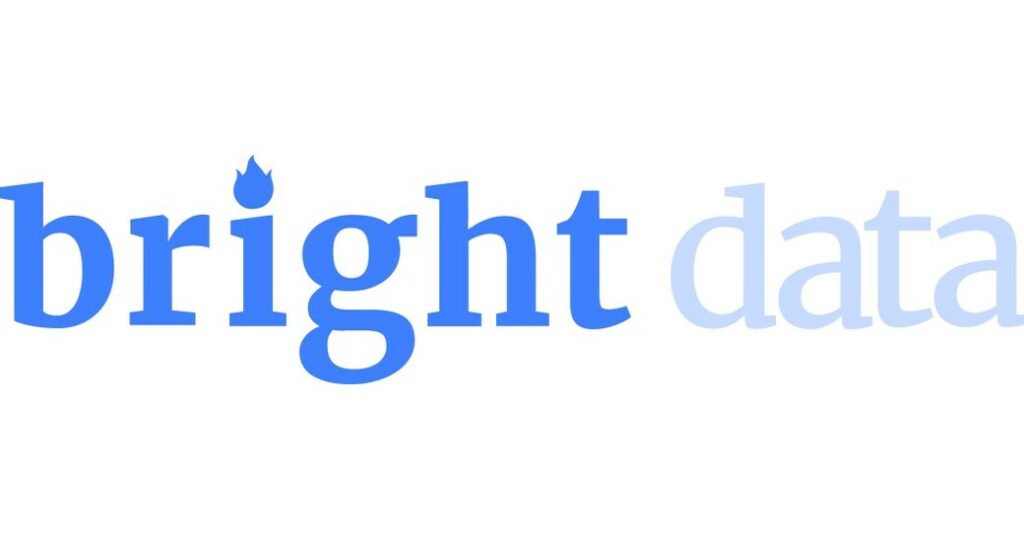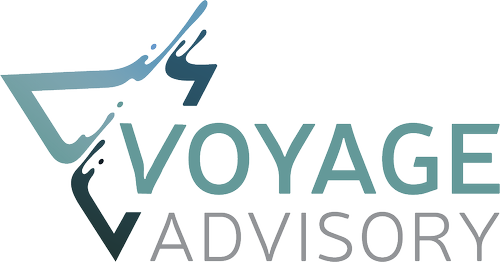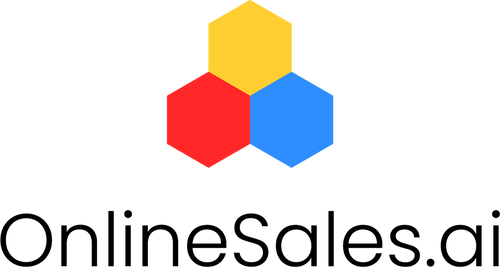A Boston-based agency that manages online communities for their Fortune 500 clients wanted to learn more about their customers and drive growth. Read the full case study here.
Story
One of their clients, a global pharmaceutical company, had been collecting feedback from their community for nine months. They wanted to use this data to understand the mindset and struggles facing caregivers of schizophrenic people so they could develop better products/services, provide better resources, and better communicate with SZ caregivers.
Community projects ranged from classic surveys to daily journals, mobile ethnographies, photo collages, and forum discussions. The problem was that much of the feedback was gathered as unstructured text, which yields valuable insights but is more difficult to analyze.
Challenge:
- Community of schizophrenia (SZ) caregivers
- Dozens of projects, over 9 months, in different formats
- Difficult to find common themes or deeper connections with traditional approaches
Over the nine-month period, the community completed dozens of research projects in a variety of formats, and each project had been analyzed individually. However, the company wanted to look at all the data combined to uncover larger themes and to ensure they weren’t missing anything. Instead of matching data sets to long lists of keywords, or conducting Boolean queries, Luminoso Daylight vectorized their data and clearly visualized the relationships between key ideas and topics.
This process was ideal because it automated and sped up the analysis. Taking a top-down approach – looking first for the major themes and trends before drilling down into specific comments – was far more rapid than the traditional method of looking through every comment in order to try and draw out major themes.
The initial finding was that SZ caregivers experienced a mixed bag of emotions on a daily basis.
For instance, receiving emotional support from family members and other caregivers in the community was a huge driver of positive emotions. On the other hand, the caregivers would report feeling simultaneously overwhelmed, scared, tired, and frustrated.
The pharmaceutical company was surprised to see that these negative emotions were never directed at the person with schizophrenia. The caregivers drew a very clear line between their “person,” as they call their friend or relative with schizophrenia, and the illness itself. Any negative emotions tended to be directed towards the illness, things that triggered symptoms such as delusions, and side effects of medication.
Results
- Valuable findings about caregivers’ key struggles, concerns, emotions, and how those change over time
- Rapidly uncovered key insights and trends without needing to train a data set or build ontologies
- Analyzed sentiment to understand what caregivers discussed positively, negatively, and with mixed feelings
- Tracked differences across demographic groups and topics discussed by newer vs. more experienced caregivers
These insights proved exceedingly valuable, allowing them to leverage these findings and adjust
their messaging as well as how they market to SZ caregivers.Want to learn more about Luminoso? See a demo or contact us for more information.


